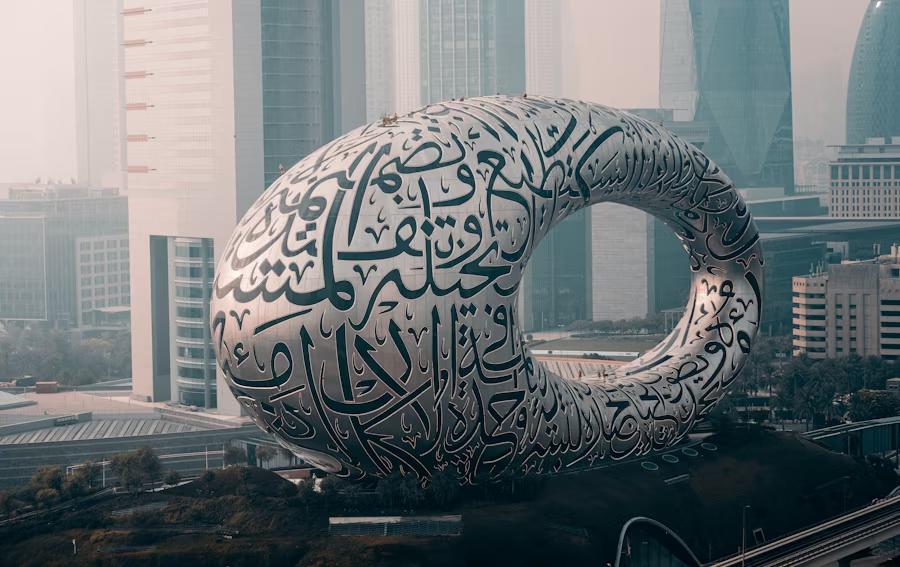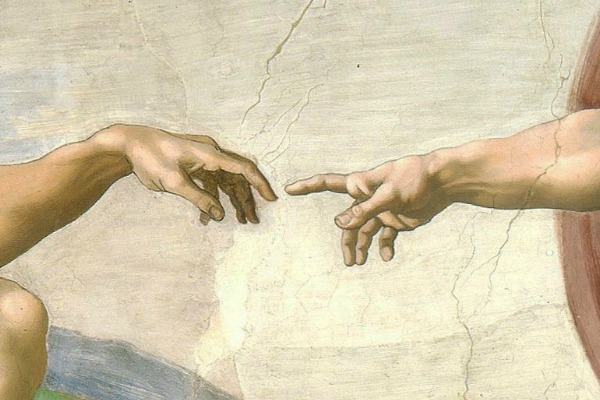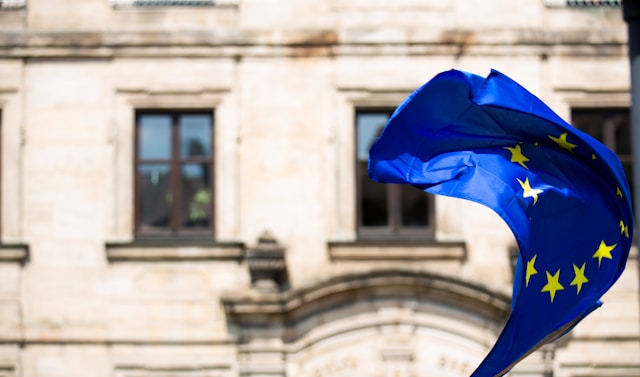
Kenan Camurcu
Turgut Özal’s "uniting four tendencies" formula was a purely political equation. A kind of synthetic compound. A praxis and pragmatism devoid of theory, ideas, or a cause. Erdoğan’s political body, however, is a socio-cultural and socio-political phenomenon, intricately involved with numerous variables—most notably the Gezi uprising and the reckoning with Gulenism—dating back to May 2013 and solidified in July 2016. It has its own cause. Its indoctrination possesses an infiltration capability sufficient to produce a core of staunch, unconditionally obedient religious/conservative personnel, whose initial dynamism has waned and whose judgment is sealed. Of course, the contribution of various large and small welfare incentives should not be overlooked. Thanks to this chemistry, the ruling party has managed to maintain its political power for twenty years despite various turbulences.
The conservative-political shift towards a closed regime by closing avenues for seeking justice and abolishing press freedom, while allowing opponents to pride themselves on being cut off, is primarily intended to restrict the flexibility in the political behavior of its own dynamic electorate.
The AK Party laboratory, which successfully utilized the Erdoğan symbol, demonstrated innovative skill in transforming the religious sociology that Erbakan had detached from the secular right into the devout right, and in creating a conservative identity through a neo-nationalist inoculation. This product of laboratory work, conservatism, is diluted religiosity, and as such, it hinders the development of conscientious questioning. Or, even if a kind of religiosity increases and deepens, the preference is for critical reason and knowledge, which are curious about truth, not to proliferate.
Erdoğan realized very early on that staunch and dogmatic radicalism was quite useful, and in the closed society he created, he meets this expectation, albeit with cryptic language. However, because the AK Party’s internationally approved factory settings would cause embarrassment in expressing this radicalism and lead to the recall of tolerated political support, the emergence of conservative radicalisms like the Re-Welfare Party (YRP) and Hüda Par in the 2023 elections was an unmissable, surprising opportunity. Although YRP quickly paused its escalation after the election, which was aimed at recruiting supporters from the Saadet base, and shifted into a mode of moderation, calmness, and tranquility. Hüda Par, on the other hand, continues to raise the bar constantly on sensitive issues such as Palestine, Kemalism, the unalterable spirit of the Constitution, unitarism, and so on.
It can be said that the mediocrity that neutralizes critical thinking within the conservative voter base is both a weakness and an advantage for the ruling party. It is a weakness because the AK Party cannot achieve intellectual renewal, produce culture, science, literature, or art without conscientious sensitivity and critical reason, and its political power remains hard power, unable to penetrate society. It is an advantage because a government with a mass of supporters devoid of conscientious sensitivity and critical reason gains a strong wall against which all criticisms and maneuvers of the opposition crash and lose their effect.
It is a fact that we endure life with fundamental problems that are unnecessarily burdensome due to the political and administrative style of the conservative government. The current powerful political personnel used to complain that the tutelage regime secretly and implicitly controlled the people. The current established order, with which they exchanged places, reinforced the old situation with political and popular support. There is no longer a conservative/religious mass to care that the issue is not about siding with the lesser of two evils, but about abolishing the tutelage regime based on controlling the people, nor are there opinion leaders to mobilize them. The new and ambitious actors of "New Turkey" are focused on stifling the search for truth. In conditions where the sense of belonging destroys civic duty, they have made it difficult to find direction and impossible to determine the qibla in asymmetric cases.
Government spokespersons have been reiterating since 2008 that the visible weight of ghost tutelage in politics has gradually decreased, and they refer to this development as "New Turkey." However, it is abundantly clear that the change in Turkey is not in favor of society/the people/national will. The promise that we would be rid of the extra-legal and extra-political interventions experienced under the tutelage of Old Turkey apparently aimed not at a more prosperous and free populace or an independent country, but at building and continuing a new system of tutelage. The legal violations and massive despotism experienced since the bloody coup attempt of July 15, 2016, are the dystopian story of this intention becoming institutionalized like invasive weeds.
The AK Party needed to distance itself from the principle of justice and approach neoliberal politics to break away from Millî Görüş and become a conservative movement. The proposal of "merchant politics" emerged precisely at this moment of need. The restructuring of public services with a revenue-generation model and diversified social policies as an anesthetic for those who would suffer from the devastating costs arising from this became ancillary measures instead of structural reforms.
The twenty-year history of the AK Party is the highly tense liquidation of secular modernization in the name of conservative modernization.
Currently, objections to the status quo established by "merchant politics" are occurring at the threshold of adherence to the principle of justice and rebellion against inequalities. There are understandable variables explaining why this objection currently arises only from the secular left and cannot penetrate the religious/conservative voter profile. These include critical mistakes by the opposition due to a lack of empathy, as well as the pilot fires ignited by the conservative government on the eve of elections.
The number of people who believe the AK Party is inevitable, compulsory, and without alternative is greater than the votes this party receives. Even opposition members sometimes emerge who see this situation as fated, unchangeable, and unalterable. It can also be said that, driven by the despair and helplessness into which they are dragged, they rush to the aid of the ruling party with provocative outbursts whenever it needs to consolidate its voters. This can explain why the ruling party most easily achieves voter consolidation among the poor, unemployed, unskilled, and low-educated social strata. Appeasement achieved by igniting identity-based pilot fires is made possible by the opposition's failure to extinguish these fires.
A crucial clue to note is that when livelihood (subsistence worry) clashes with identity (subsistence belonging), the majority of voters choose "identity." This is because identity is perceived as existential and is equated with a threat perception. In other words, voters first evaluate political options using a basket of identity and belonging-based criteria. Only then do they subject the political option that passes this test to a political behavior evaluation. For a long time, since the AK Party has been identified as the gathering point in times of crisis, no other option has succeeded in changing the preference of traditionally-minded voters.
Authoritarian rule dislikes politicization. It sees the people being preoccupied with "bread and butter issues" as a guarantee against the development of political sensitivity and the emergence of demands for rights and freedoms. This allows it to project that voters will not show interest in alternatives. However, opposition forces will recall: The popular uprisings in Tunisia and Egypt in 2011 occurred when "bread and and butter issues" became politicization itself. Tunisia and Egypt were examples reflecting the high potential for "bread and butter issues" to emerge at any moment, but when and by what event that potential would be triggered could not be predicted.
What brought the AK Party to power in 2002 was its promise of openness, transparency, and reform to a society suffocated in the dark tunnel of the 1990s. The AK Party, as a Millî Görüş faction, was seen as an option that would complete the unfinished transformation process from the Welfare Party era. Therefore, despite the results of the 1999 elections, which saw a slowdown after the stressful period of 1997, it had no difficulty reaching the vote share of the rising Welfare Party. Those who did not join the reformist enthusiasm in the early years were only radical and marginal groups from the secular sphere. Mainstream secular-political groups tolerated even the government's structural shift towards a conservative oligarchy for a long time.
It is true that the AK Party returned to a politics of inwardness characteristic of earlier times, starting with the Syrian crisis in 2011. The inevitable consequence of topping off this negative change with the doctrine of "we are surrounded by enemies" would naturally be a politics of survival (bekâ siyaseti).
It is understandable for Turkey, one of the pivotal countries in a turbulent region, to feel a survival concern. However, the AK Party's mindset until 2011 not only argued but also demonstrated that this problem could be overcome without drifting into security politics, relying on the self-confidence of a paradigm consisting of principles of change, openness, reform, transparency, a strong economy, and close relations with the world. The People's Alliance, which emerged in February 2018, became the doctrine of the final break from this paradigm. They went so far as to label the opposition as 'traitors.' The AK Party leader now considers loyalty essential not only for his party but also for the acceptable citizen and the nation. Therefore, the group of people he calls "my nation" does not consist of constitutional citizens. He calls those who show allegiance and loyalty to the autocratic system "the nation." The remainder and the opponents become elements of the "you are either with me or my enemy" antagonism. The "ummah" in its sacralized form of contradiction is also not the "ummah" in theological terminology. It is a willingness to be a member in the metaphysical body of unconditional obedience. It is a choice promising high returns in a secularized and politicized algorithm of good deeds.
Perhaps the opposition has difficulty grasping that the AK Party does not come from the tradition of a mass party of the secular right. For this reason, the dogmatic determinism that the AK Party will meet the fate of ANAP has been awaited for years. It is not easy to find political foresight, acumen, and wisdom in waiting for the AK Party's demise and constantly postponing necessary actions.
The government does not only scare voters with the social chaos, collapse, and disintegration that will erupt after its departure. It also unnerves them with the warning that a 'fresh start' under a new government would be a disruptive change that would overturn the lives of voters accustomed to doing business with the current government. The "stability" in the AK Party's campaign language aims to alienate people from the idea of changing the customary and familiar status quo. This has largely been proven successful in past elections. The opposition must be able to ensure that voters are not afraid to change their decisions and political behavior, but rather desire and dare to change.
Erbakan's reference to AK Party members as "children of Byzantium" at his 2007 Istanbul rally was probably not meant as an insult. What he likely intended was this: In the AK Party's political world, the Byzantine tradition, where Caesar's due was observed rather than God's, became dominant. The supporter base disregards human law and dotes on the personal law of the Caesarean leader. Religion, which is important, valuable, and meaningful due to its moral control over politics and human behavior, is treated as property. In the intellectual sphere where religion is seen as belonging to the state, not the nation, no objection can be raised to the rulers' right to use religion as they wish.
Ibn Taymiyyah (d. 1328), one of the architects of Sunni political theory, in his Majmu' al-Fatawa, defended the doctrine inherited from early Islam that "The Sultan is Allah's shadow on Earth," comparing the function of authority to Allah's attribute of "Lord." According to him, this shadow (the sultan being Allah's shadow) was necessary for the affairs of the servants to proceed smoothly. Because without the shadow, social affairs could not be conducted. (Majmu' al-Fatawa, 2005, 35/30).
The fact that the theo-political culture created by historical practices expands the political sphere and narrows the civil sphere confirms the judgment of Ayatollah Nainī (d. 1936), the intellectual leader of the Iranian Constitutional Revolution: "There is no political despotism without religious despotism" (Majmu'a-i Maqalat-i Seyri dar Ara va Andisheha-yi Mirza-yi Na'ini, 2001, p. 444).
Of course, despair is not part of humanity's honor. But it is also true that in a political culture where the sovereign will is sanctified, even considered divine, and the domination of the national will is celebrated, it is not easy to convince the majority of the country's population, which will determine its political destiny, that the right to sovereignty/guardianship belongs to society. The fundamental reason why the plant of democracy cannot flourish in such a socio-political climate is a morbid deprivation that leaves no political environment untouched by the knowledge and consciousness that democracy entails more than mere participation in the political process. Didn't even the opposition, after the May 2023 elections, approve of the ambition to turn democracy into a win-lose game with the slogan "election defeat"? It's as if we are in a football league, and the winning team gets three points, while the loser gets nothing. However, the outcome of the ballot box only expresses who will use political sovereignty by proxy. That sovereignty belongs to the entire nation. All 65 million voters, including those who did not vote, are the original owners of national sovereignty. 27 million votes only granted the right to exercise political sovereignty by proxy for 5 years. The 25 million opposition voters and the 12 million citizens who did not vote also have a share in that political sovereignty, and their rights must also be respected. This is legally and morally true.
Shouldn't the opposition have advocated for a representational regime where those who receive many votes get their deserved share in representation, and those who receive fewer votes are represented proportionally, but both sides participate in the political regime and representation? It should have, but since the issue has long been placed in the channel of political overpowering rather than political competition, it seems that nothing can appease the sociology of the conservative-political until it experiences defeat.
Translated by Gemini





0 Comments